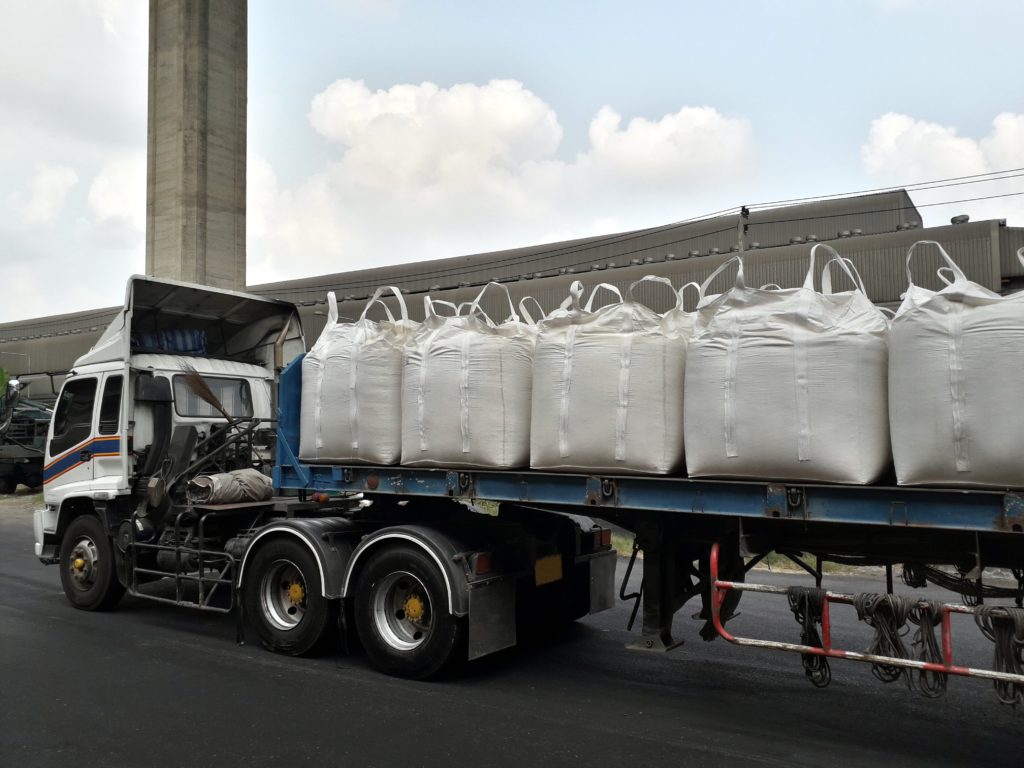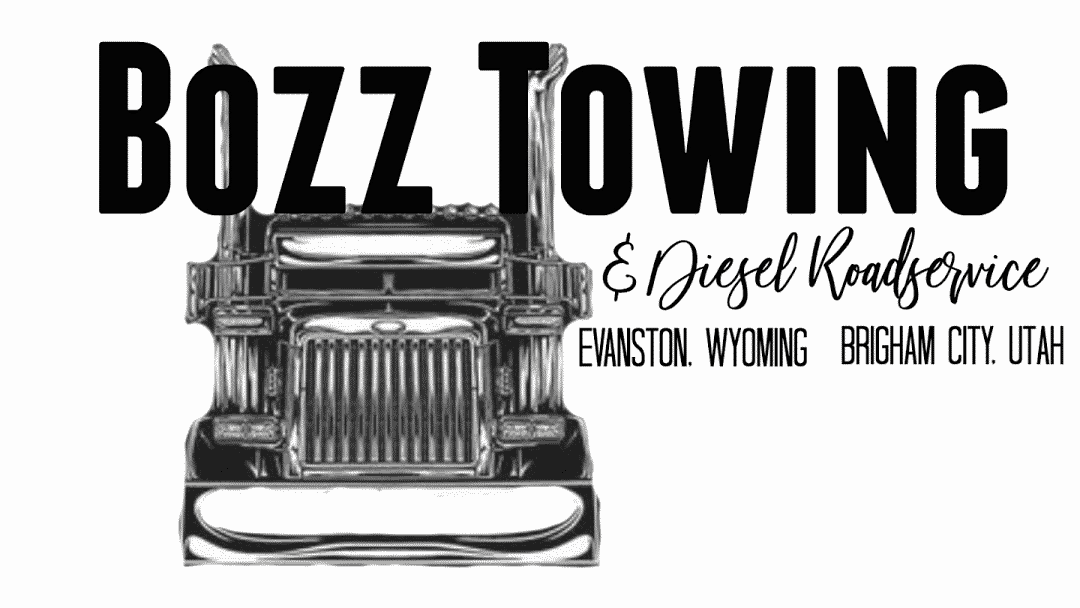What is payload capacity? It is the total amount of weight a truck can carry. Payload capacity considers both the truck weight and the load during transport. From how it is calculated to the differences in towing capacity, learn more about how this unit of measure affects semi-truck drivers and road safety.
Payload Capacity vs. Towing Capacity
What is the difference between payload and towing capacity? Payload capacity is the maximum weight amount that a vehicle can carry, including passengers and cargo. It also is a significant factor in calculating your overall gross vehicle weight. Towing capacity is the maximum weight amount a vehicle can pull behind it. Ensure that your truck has enough power to tow a trailer safely before transport.
Understanding the differences between payload and towing capacity is critical because exceeding either one can damage a vehicle or cause an accident.
Carrying vs. Pulling
Two types of semi-truck towing – carrying and pulling. “Carrying” is when the trailer is attached to the back of the truck. Therefore, the fleet transports the trailer weight. This method is typically used for lighter loads, as the truck’s weight capacity may be limited.
“Pulling” means the trailer tows behind the truck by carrying the trailer’s weight. This method is typically used for heavier loads because it allows the vehicle to transport additional weight without overloading.
Ultimately, it is up to the individual trucker to decide which method is best for their situation.
How to Calculate Payload Capacity
Before calculating payload capacity, you must understand its payload rating first. Payload rating is the maximum weight that a truck can safely carry. The difference with payload capacity is that it includes both the passenger and cargo weight. To determine the payload capacity, simply subtract the curb weight from the gross vehicle weight rating (GVWR). Learn more about tow measurements here.
For example, if a vehicle has a GVWR of 6,000 pounds and a curb weight of 4,500 pounds, its payload capacity would be 1,500 pounds. Once you know the payload capacity, you can calculate how much weight you can add to the vehicle without exceeding its limit. As a note, payload capacity is not static – it can change depending on factors such as fuel levels and trailer tows. It is crucial to always reference the manufacturer’s specifications before calculating payload capacity.

What Happens If I Exceed Payload Capacity?
There are potential consequences if you exceed payload capacity. It can lead to decreased fuel economy, increased brake wear, and accelerated tire wear. Additionally, it can add extra stress to your vehicle’s engine and suspension, leading to serious functionality issues in the future. An example of the impact caused by an overloaded payload capacity includes straining tires, which could lead to a blowout, getting stuck, or causing an accident.
Here are two ways to determine if your load is too heavy:
- Manufacturer’s spec sheet – It should list the maximum payload capacity for your specific truck.
- Load weight – Weigh your load on a scale and compare it to the capacity listed on the spec sheet. If the load weight exceeds the payload capacity, you will need to lighten your load or find a different truck to haul it.
Confirm that your load falls within the specified limit before your route for the best road safety measures.
Tips for Staying Within Payload Capacity
Overloading can lead to many safety issues. Luckily, there are easy steps you can take to stay within the payload capacity.
Here are some helpful tips for staying within weight limitations:
- Check the payload rating – Found usually in the owner’s manual or on a sticker inside the doorframe.
- Consider passenger and cargo weight – when calculating payload before your trip
- Do not overload the front or rear – distributing and balancing weight is key to maintaining stability and handling.
- Secure heavy or bulk items – Fastening these loads prevent shifting during transit.
These simple tips can prevent significant issues caused by overloading while keeping your transport safe.
Need a Lift? Bozz Towing Can Help
The first step before hauling should be confirming your truck’s payload capacity. Calculate the truck weight and the hauling items to avoid exceeding weight restrictions.
If your fleet needs a tow, Bozz Towing is here to help. We provide 24-hour emergency towing services and roadside assistance, so you are never stranded on the side of the road.
Contact us for your towing needs today!

